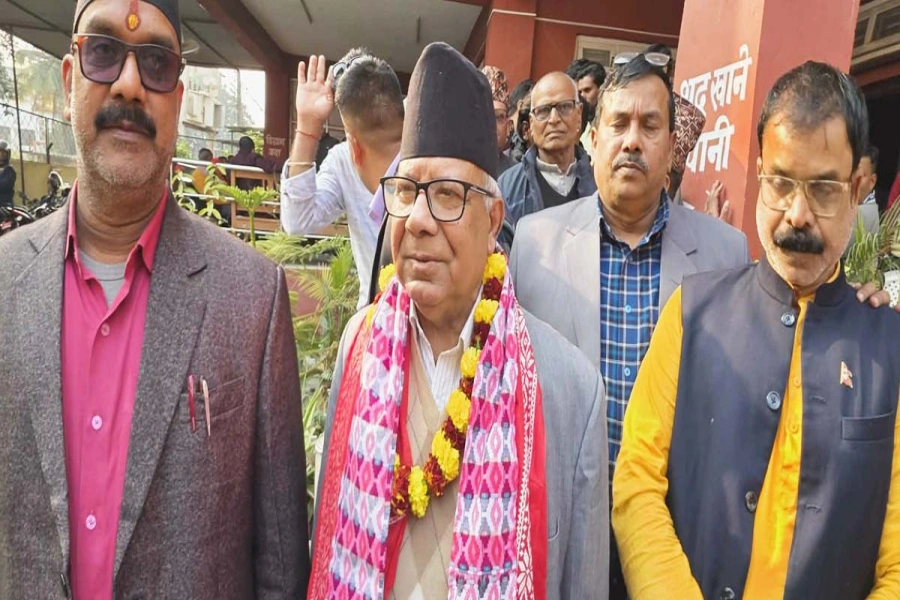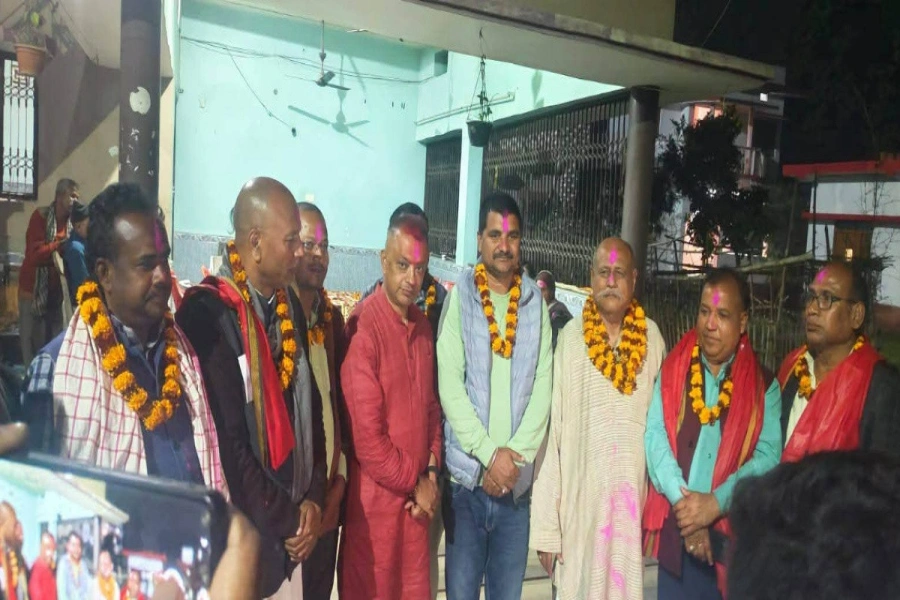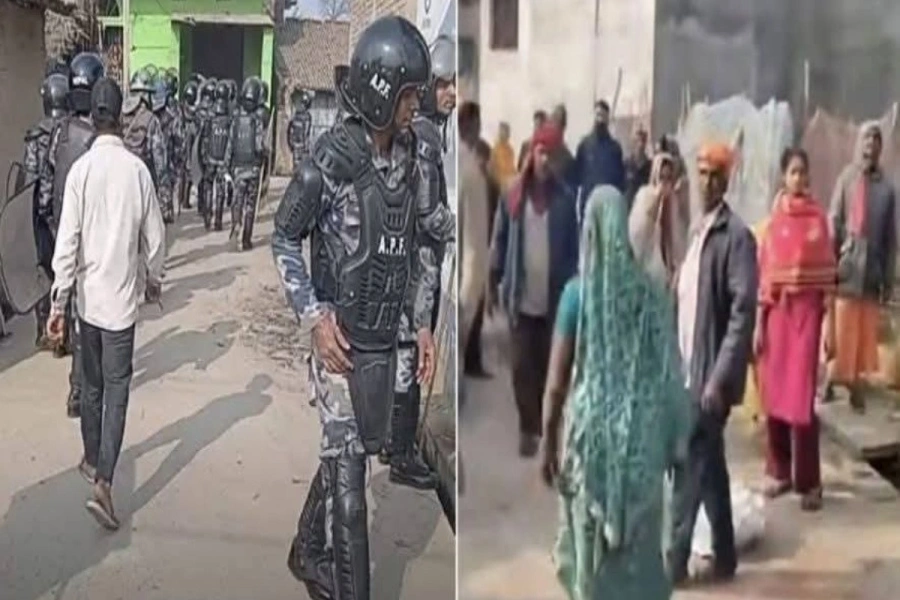CARACAS, Aug 23: Ethiopia has become the first African country to build a fully dedicated waste-to-energy facility. Called the Reppie project, it was launched by President Mulatu Teshome, along with a host of other high-ranking government officials.
Built atop the old Koshe landfill, the site of a landslide that killed 114 people in March, the facility is on the outskirts of the capital Addis Abeba and will intake 1,400 tons of rubbish each day: the equivalent of roughly 80 percent of refuse generated by the city.
In turn, it will supply the capital with 30 percent of household electricity needs while conforming to global standards on air pollution, according to AfricaNews.
Why Ethiopia is suddenly on brink of civil war

"The Reppie project is just one component of Ethiopia's broader strategy to address pollution and embrace renewable energy across all sectors of the economy," said Ethiopia's deputy permanent representative to the U.N. in Nairobi, Zerubabel Getachew.
The United Nations noted: "Reppie will serve as a model for other countries in the region, and around the world... In waste-to-energy incineration plants, rubbish is burned in a combustion chamber. The resulting heat is used to boil water until it turns to steam, which drives a turbine generator that produces electricity."
The Reppie project is a partnership between the Ethiopian government and a consortium that include Singapore's Cambridge Industries Limited, China's National Electric Engineering and the Danish engineering firm, Ramboll.
The consortium was formed to design, construct and in some cases own waste-to-energy facilities customized for African nations, according to AfricaNews.






































